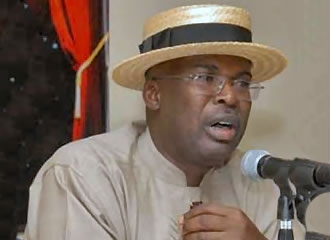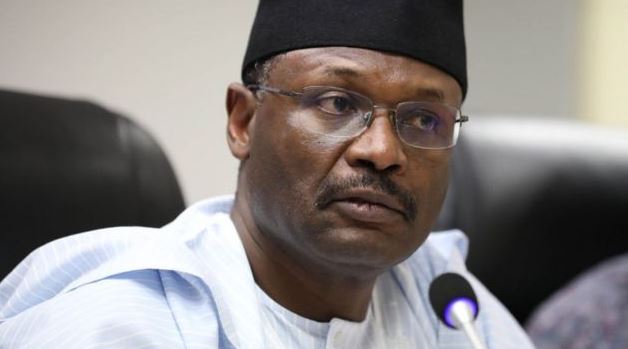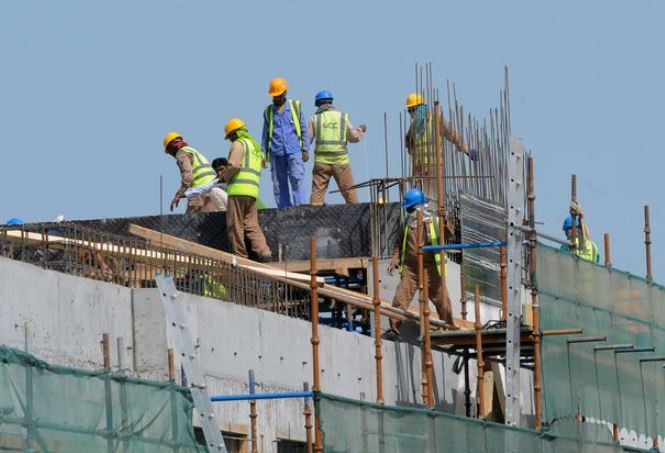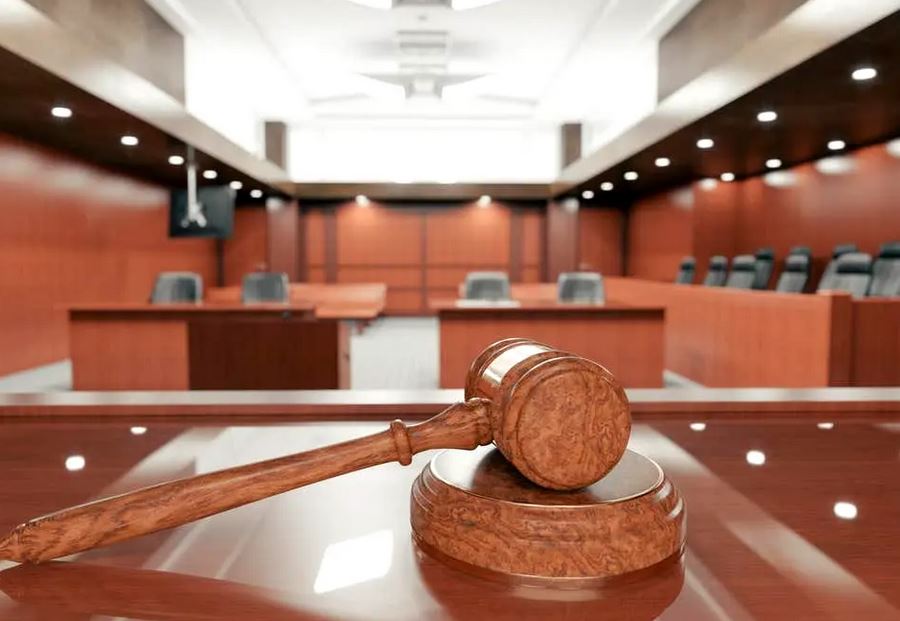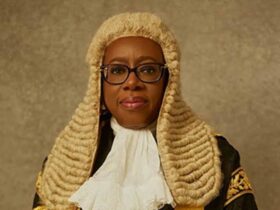Following the Supreme Court’s verdict on financial autonomy for local government councils in the country, the chairman of the Independent National Electoral Commission, INEC, Prof. Mahmoud Yakubu, on Thursday declared that the electoral body has the capacity to conduct elections for the third tier of government if provided with necessary resources.
Yakubu, who spoke when he appeared before the National Assembly Joint Committee on the INEC and Electoral Committees in Abuja, maintained that the electoral umpire, under his leadership has the capacity, competence, human resources and adequate experience to conduct local government elections across the 774 councils of the country.
He justified his position with the successes already recorded by the commission in the six Federal Capital Territory Area Councils, including frequent off season and bye elections conducted by the INEC.
The chairman also said the fact that the commission had been conducting elections at the federal and state levels over the years successfully was an indication that it has all it takes to conduct council polls.
He said: “So if this responsibility for the conduct of local government elections is transferred to INEC, can INEC cope? The answer is yes, INEC can cope. What are we? By definition, INEC is the Independent National Electoral Commission.
“Right now, we do national elections, we do state elections, we do local government elections.
“A national electoral commission may be expected to implement only the presidential and National Assembly. We also do governorship elections, we do state assembly elections, and we do the area council elections in the Federal Capital Territory.
“Our track report actually proves that we can do it. Take the case of the Federal Capital Territory. I would like to say one or two things about the FTC local government elections.
“There are six area councils of the FCT. So there are six chairman of area councils, there are 62 wards in the FCT. Each ward has a councillorship for the election of councils.
“This is one part of the country where INEC has conducted local government elections and it has resulted in the following.
“First, it is perhaps the only part of the country where local government elections are held regularly.
“Second, there has never been a caretaker committee for any Area Council in the FCT. INEC has been conducting the elections regularly.
“Thirdly, there is stability of tenure or security of tenure. It used to be three years, but in 2022, the National Assembly amended the Electoral Act to provide for a four-year tenure for area councils in the FCT. So, they enjoy security of tenure.
“No single political party has ever won elections in all the constituencies in the FCT, not one.
“In fact, what is interesting now is that out of the six chairmen of the FCT, actually the council and the constituencies are evenly split between the All Progressives Congress and the Peoples Democratic Party which won three councils each.”
Yakubu also noted that FCT councils are made up of urban and rural communities, an indication that it has adequate experience to do so in any part of the country.
“So, in terms of capacity to do it, we can do it, we have been doing it in the Federal Capital Territory.
“However, if the decision of the National Assembly is to amend the constitution. I need to put that responsibility back to you (that) we need an engagement with the National Assembly.
“There are certain special amendments that are to be done for us to be able to handle those additional responsibilities.
“For instance, will the Federal Government continue to fund the elections for the states and the local government will fund this?
“The second proposition we have had is that there should be a new federal electoral commission for local government elections.
“Sadly, there is another argument that does not want the state electoral commissions to conduct local government elections in the spirit of federalism, but they should find a way of ensuring that they improve on the conduct.
“Right now, the law has not been amended. The same constitution that creates INEC also creates the State Independent Electoral Commissions.
“So, it is up to the National Assembly to amend the law to transfer that responsibility to INEC. If that is done, the question is can INEC cope? Yes we can.
“We have said that we should not be unbundled beyond the conduct of electoral activities rather than elections. There are two activities we handle. That is what is called electoral activities, not necessarily related to elections.
“We believe that some of these responsibilities can be handled by other agencies. And this point has been made consistently since 2008 by committees established to reform our electoral processes beginning with the Justice Mohammed Uwais Commission in 2008, that some responsibilities should be removed from the Independent National Electoral Commission.”
The chairman, while assuring the joint panel that INEC had made adequate arrangements to conduct the two off-cycle elections in Edo and Ondo States, lalso said the commission had prepared budgets for the outstanding by-elections about seven federal and state legislative constituencies.
Yakubu also explained to the federal lawmakers that the agency’s 2024 budget is currently being adequately funded by the Ministry of Finance.
In terms of the performance of the N40 billion appropriated for the commission in the 2024 budget, he said the Ministry of Finance broke INEC budget into 12 tranches.
“Every month they give us one-twelfth of the budget for the year. And for the last seven months, since the beginning of this year, the Ministry of Finance has been releasing the sum of N23.3 billion to the Commission, which is one-twelfth of the 40 billion as of yesterday (July 24)
“The monthly releases to the Commission, this year, is now N23.3 billion out of 40 billion. That is 58.3%. What is outstanding is N16.6 billion amounted to 41.67% not released,” he stressed.




